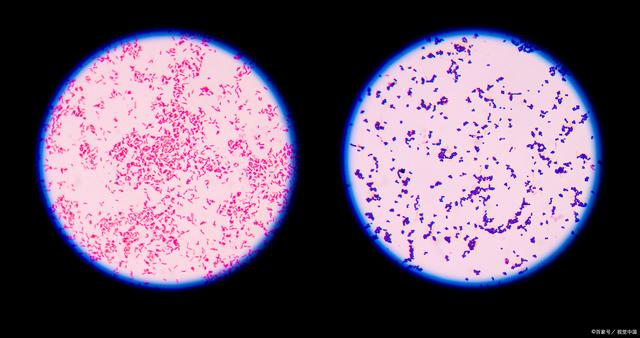
 CONTACT
CONTACT
- Linkman:Linda Yao
- Tel: +8618231198596
- Email:linda.yao@dcpharma.cn
- Linkman:CHARLES.WANG
- Department:Overseas
- Tel: 0086 0311-85537378 0086 0311-85539701
Nisin Wholesale Price,For Food Packaging
TIME:2024-11-08Nisin is a polypeptide substance produced by Lactococcus lactis, composed of 34 amino acid residues and with a molecular weight of approximately 3500 Da. Widely used as a food preservative in the food industry, nisin effectively kills or inhibits Gram-positive bacteria responsible for food spoilage, particularly bacterial spores. Nisin is completely non-toxic, can be broken down into amino acids by digestive proteases without leaving residues, does not affect beneficial bacteria in the human body, does not lead to antibiotic resistance, and does not show cross-resistance with other antibiotics. The application of nisin in food packaging materials primarily focuses on its antibacterial and preservative properties.
Nisin can be combined with substances like chitosan and γ-polyglutamic acid to create antibacterial packaging films that effectively inhibit microbial growth on food surfaces, thereby extending shelf life. For example, an antibacterial film made by electrospinning nisin-loaded chitosan nanoparticles has been applied in cheese preservation, effectively inhibiting pathogenic microbial growth and extending product shelf life.
Nisin can be added to food packaging materials, such as food preservation films and wrapping papers, to enhance their antibacterial properties. Packaging materials containing nisin effectively reduce microbial contamination during food storage and transport, helping to maintain freshness and quality.
With broad-spectrum antibacterial activity, nisin effectively inhibits harmful microorganisms in food, reducing the risk of spoilage and deterioration. By suppressing microbial growth and reproduction, nisin significantly extends the shelf life of food, helping to reduce food waste. Additionally, nisin can reduce the time and intensity of heat treatments, thus preserving the food’s original flavor, texture, and nutritional value.
Nisin has been widely applied in the packaging of various foods, including meat products, dairy products, canned foods, and seafood. In these foods, it effectively inhibits the growth of Gram-positive bacteria, maintaining freshness and quality. Nisin can also be used in combination with other preservatives to enhance preservative effectiveness.
The application of nisin in food packaging materials shows promising prospects and significant value.
- Tel:+8618231198596
- Whatsapp:18231198596
- Chat With Skype








